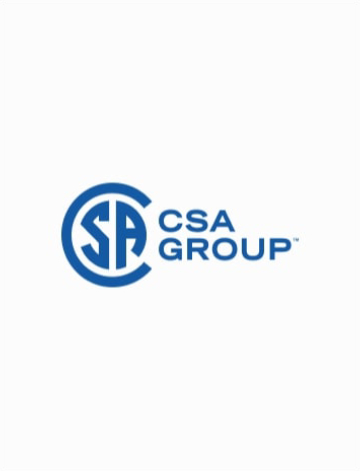Preface
This is the third edition of CSA C22.2 No. 158, one of a series of Standards issued by the Canadian Standards Association under Part II of the Canadian Electrical Code. It supersedes the previous editions, published in 1987 and 1984.
This edition incorporates the following changes from the previous edition:
(a) updates to other referenced standards;
(b) a change in reference to CAN/CSA-C22.2 No. 0.17 for insulation materials testing;
(c) the addition of requirements and markings for spring force terminals;
(d) revision to the static heating test;
(e) an updated corrosion cracking test;
(f) the addition of short-circuit current ratings; and
(g) an updated table for static heating test values.
For general information on the Standards of the Canadian Electrical Code, Part II, see the preface of CAN/CSA-C22.2 No. 0, General Requirements — Canadian Electrical Code, Part II.
This Standard is considered suitable for use for conformity assessment within the stated scope of the Standard.
This Standard was prepared by the Subcommittee on Terminal Assemblies, under the jurisdiction of the Technical Committee on Industrial Products and the Strategic Steering Committee on Requirements for Electrical Safety, and has been formally approved by the Technical Committee.
This Standard has been developed in compliance with Standards Council of Canada requirements for National Standards of Canada. It has been published as a National Standard of Canada by CSA Group.
Scope
1.1
This Standard covers assemblies of wiring terminals and supporting blocks for copper conductors, copper and aluminum conductors, and aluminum conductors rated at a maximum of 1500 V and 2000 kcmil, intended to provide for the connection of wiring designed to be used in accordance with the Rules of the Canadian Electrical Code, Part I.
1.2
These terminal blocks are intended to support permanently and to insulate wire terminations and joints from each other and from the surface on which the terminal block is mounted, where the absence of such support or insulation could result in a hazard.
1.3
Terminal blocks can be of various designs, such as sectional, modular, or one-piece.
1.4
Terminal blocks can employ a combination of connectors.
1.5
In CSA standards, shall is used to express a requirement, i.e., a provision that the user is obliged to satisfy in order to comply with the standard; should is used to express a recommendation or that which is advised but not required; and may is used to express an option or that which is permissible within the limits of the standard.
Notes accompanying clauses do not include requirements or alternative requirements; the purpose of a note accompanying a clause is to separate from the text explanatory or informative material.
Notes to tables and figures are considered part of the table or figure and may be written as requirements.
Annexes are designated normative (mandatory) or informative (nonmandatory) to define their application.
1.6
The values given in SI units are the units of record for the purposes of this Standard. The values given in parentheses are for information and comparison only.

